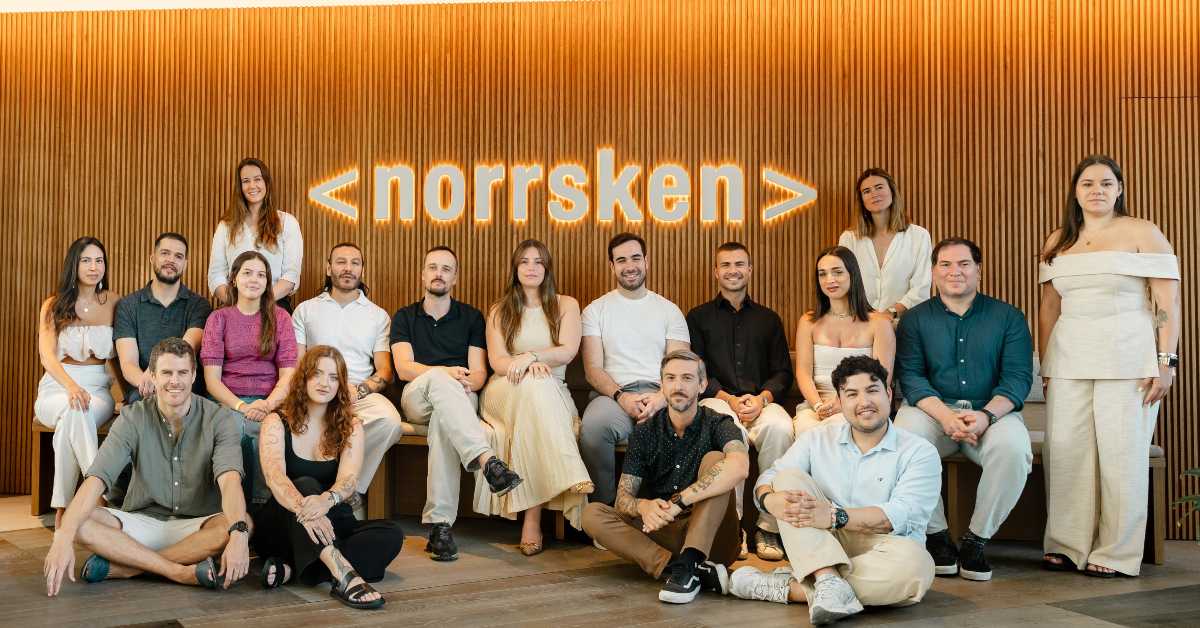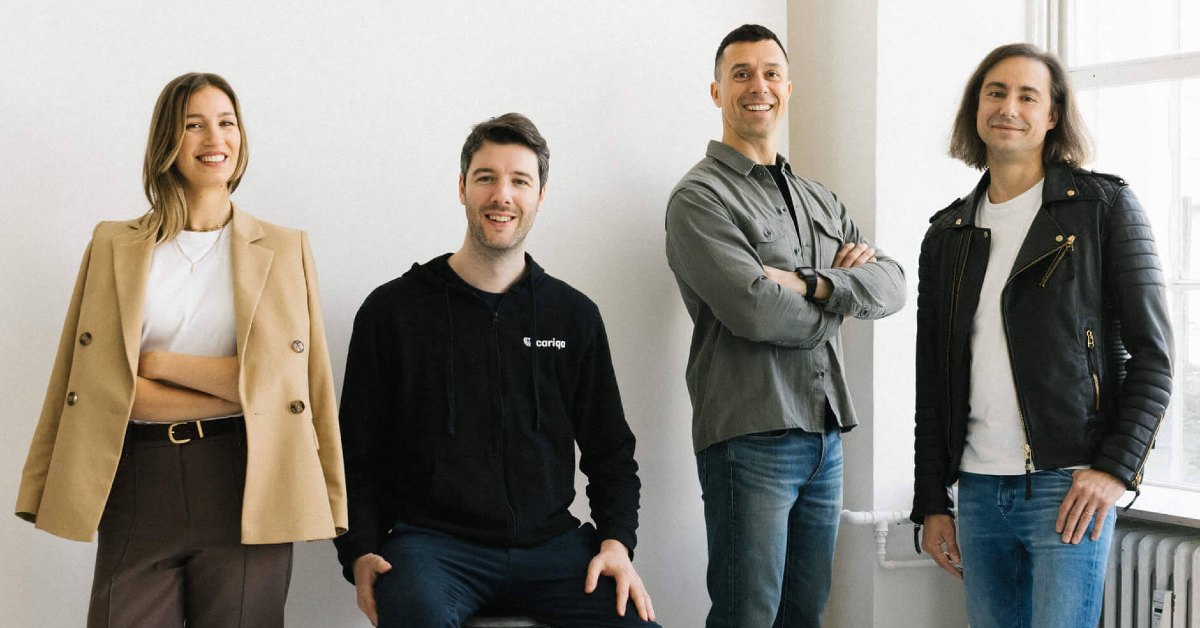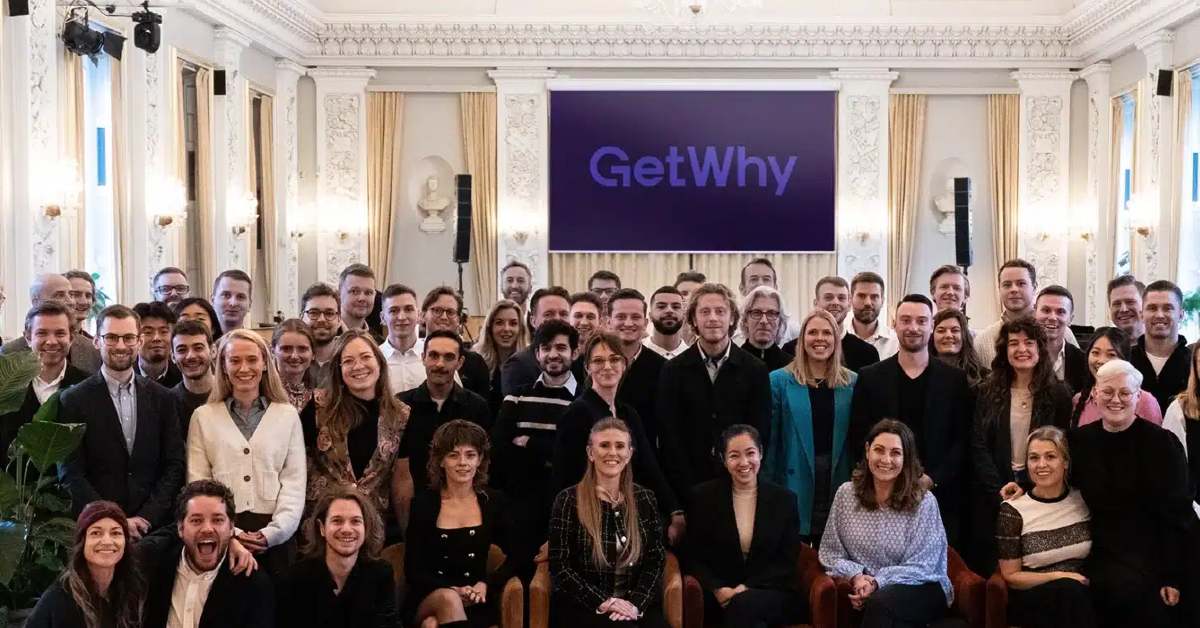On Wednesday, Maastricht, The Netherlands-based Mosa Meat, a company specialised in cultured beef, announced that it has filed its first application for market approval under the European Union’s Novel Foods Regulation.
Maarten Bosch, CEO of Mosa Meat says, “We look forward to working closely with the authorities to meet all safety requirements. Fat is a great flavour enhancer and we have developed an ingredient that delivers the rich culinary experience consumers expect from conventional beef. This innovation not only takes our Mosa Burgers to the next level, but can also enrich plant-based products that still fall short in matching the full taste experience of meat.”
The announcement comes over eight months after securing €40M in an oversubscribed funding round led by Lowercarbon Capital and M Ventures.
Focuses on cultured beef fat
According to the company, this application focuses on cultured beef fat, which can be used in combination with plant-based ingredients to create dishes such as hamburgers, meatballs, empanadas, and bolognese.
Consequently, the European Commission (EC) and the European Food Safety Authority (EFSA) will now evaluate the cultivated fat.
This submission is a crucial step towards introducing cultivated products such as the Mosa Burger to the European market.
It follows the recent first tastings of Mosa burgers and a product development collaboration with 2-star Michelin chef Hans van Wolde.
About the cultivated he says, “When I first tasted the Mosa Burger, I was blown away by the beefy flavour and the amazing mouthfeel of the beef fat. It just gave me goosebumps.”
In contrast to Singapore, for example, where entire products are assessed, the EU separately approves cultivated ingredients.
Mosa Meat has chosen to start with cultivated fat, as it makes a vital contribution to the familiar taste, smell, and texture of beef.
“Cultured fat allows us to introduce our first burgers to consumers faster, while we continue to work towards our long-term ambitions. Our first products will combine cultivated and plant-based ingredients, leveraging our expertise in both areas. This will help us continue to build a more diverse and more resilient food system that meets the global demand for meat while being kinder to the planet,” adds Bosch.
It is only the second time that a cultivated product has been submitted to the EU’s Novel Foods process, widely regarded as the global gold standard for food safety.
The process is expected to take around 18 months, as outlined by the EC.
Benefits of Cultured meat
Cultured meat can improve the European food system by reducing import dependency and increasing food sovereignty.
A peer-reviewed Life Cycle Assessment shows that cultured beef can lower greenhouse gas emissions by up to 93 per cent, use 95 per cent less land, and require 78 per cent less water than traditional meat production.
Mosa Meat: Producing beef with 100% renewable energy
Founded in 2016 by Mark Post and Peter Verstrate, and led by CEO Maarten Bosch, Mosa Meat is a foodtech company that is on a mission to transform beef production.
The founder introduced the world’s first cultured beef burger in 2013 by growing it naturally from a cow’s cells.
The company is expanding its capabilities to produce the same beef people love in a way that’s better for people, animals, and the planet.
The Dutch company is committed to addressing climate and sustainability issues by producing beef with 100 per cent renewable energy.
Mosa Meat is backed by investors such as Lowercarbon Capital, M Ventures, Invest-NL, Bell Food Group, PHW Group, LIOF, Nutreco, Mitsubishi Corporation, Leonardo DiCaprio and other leading investors.










01
From telecom veteran to Dutch Startup Visa success: The Jignesh Dave story